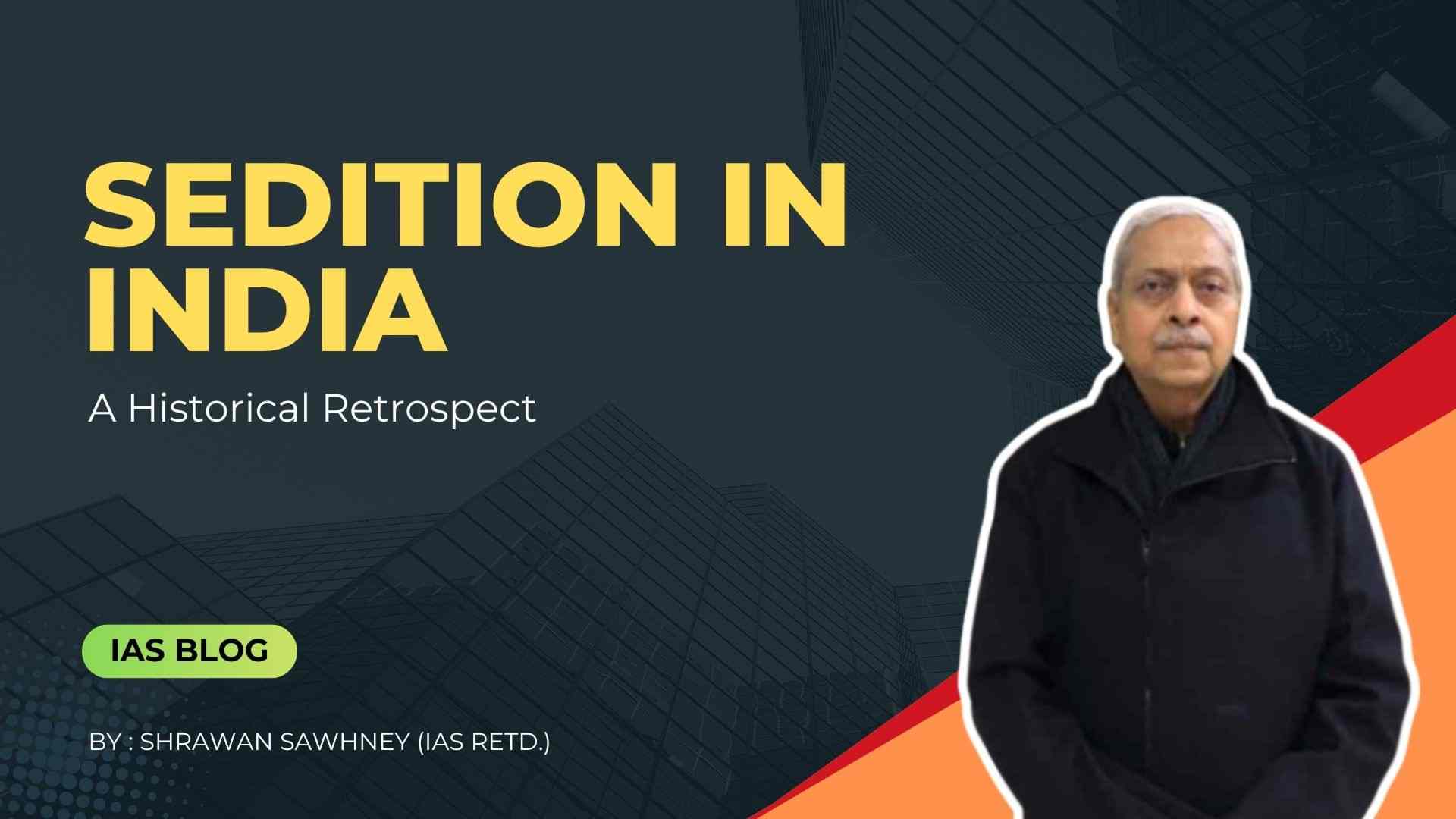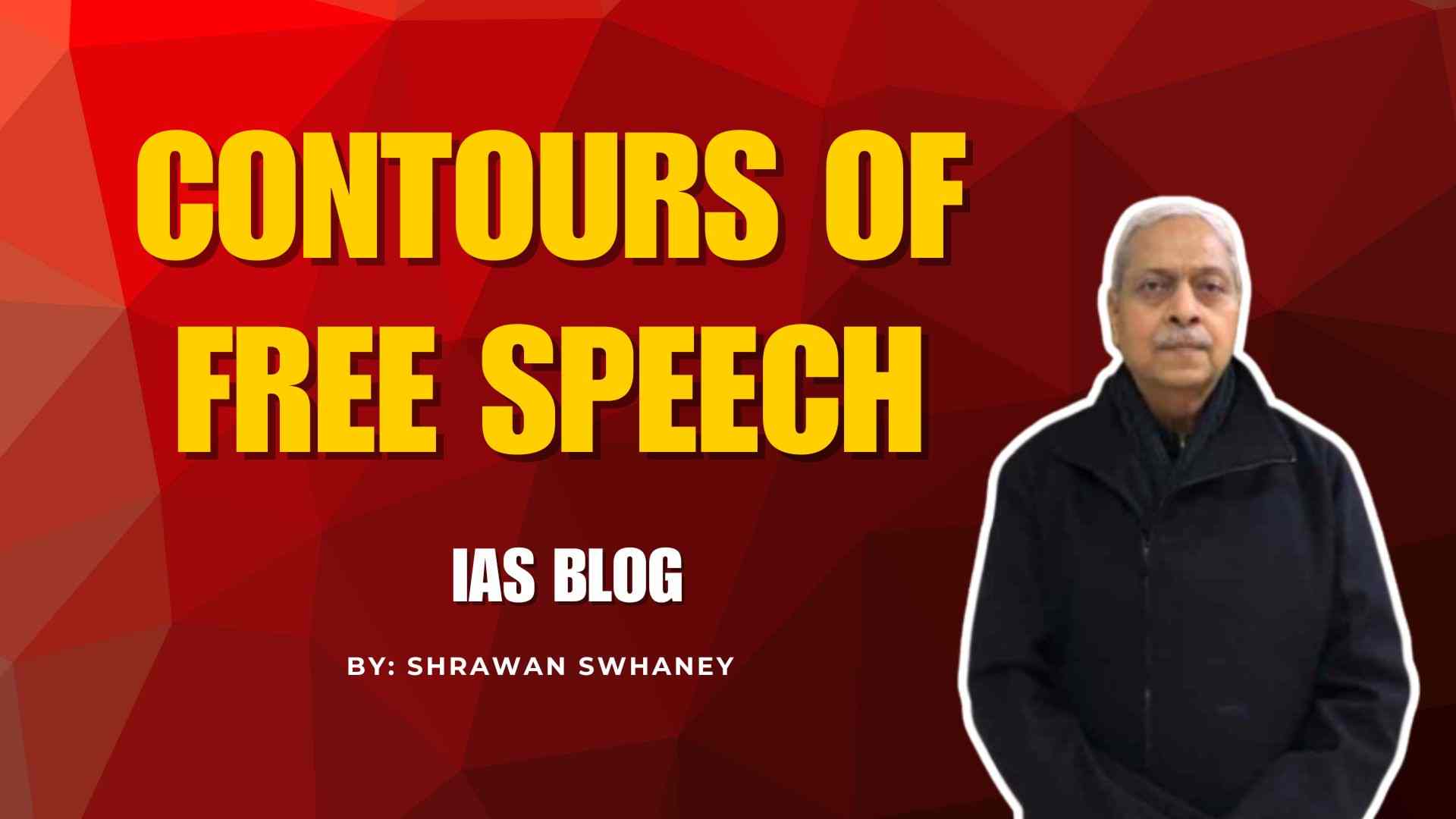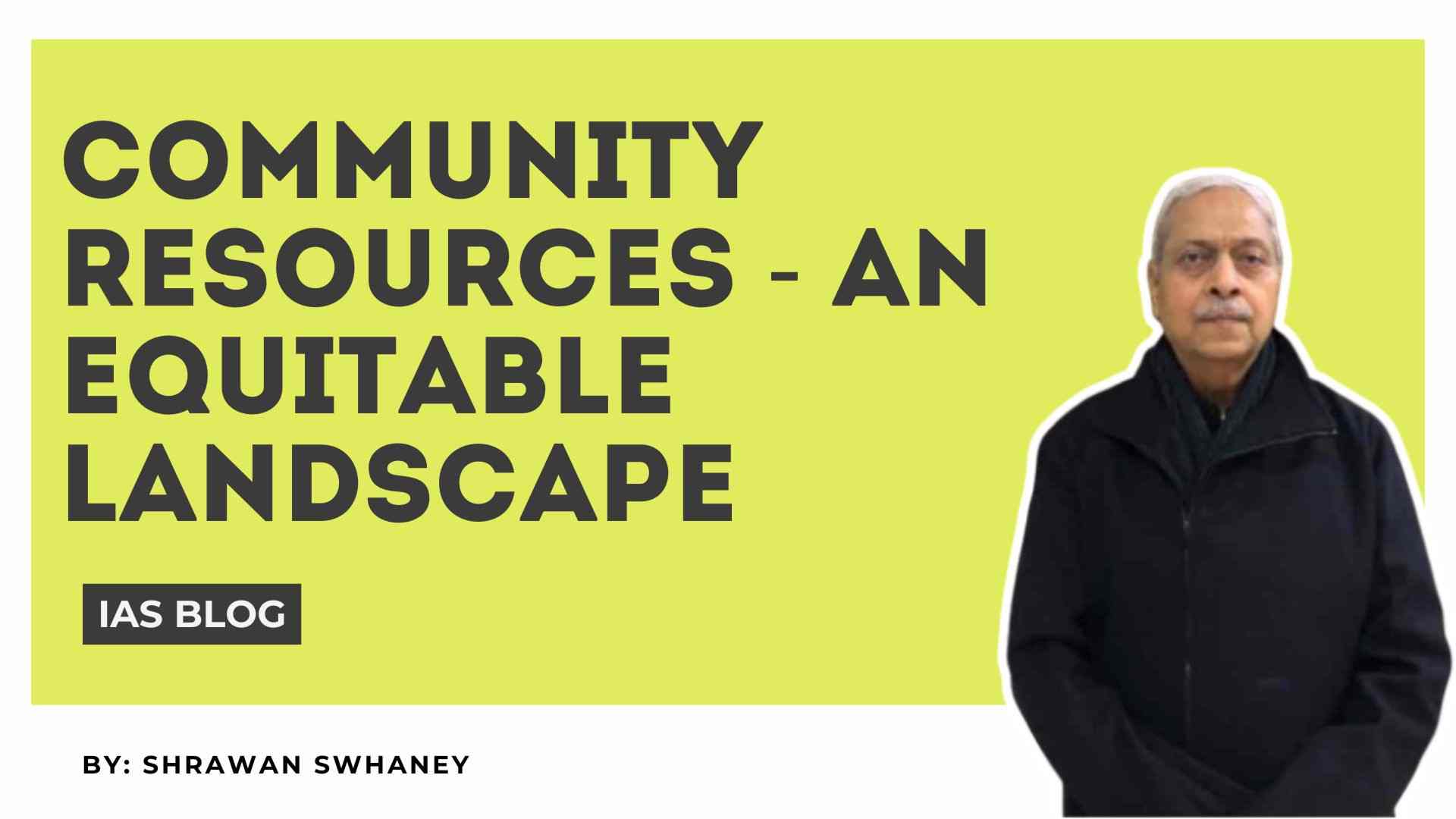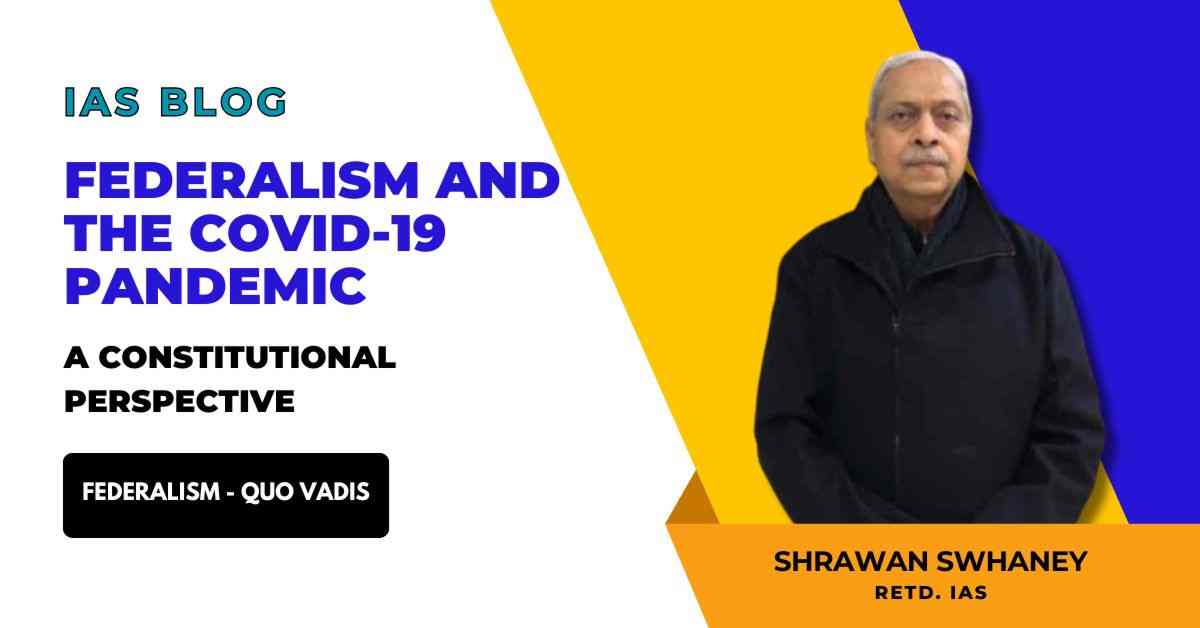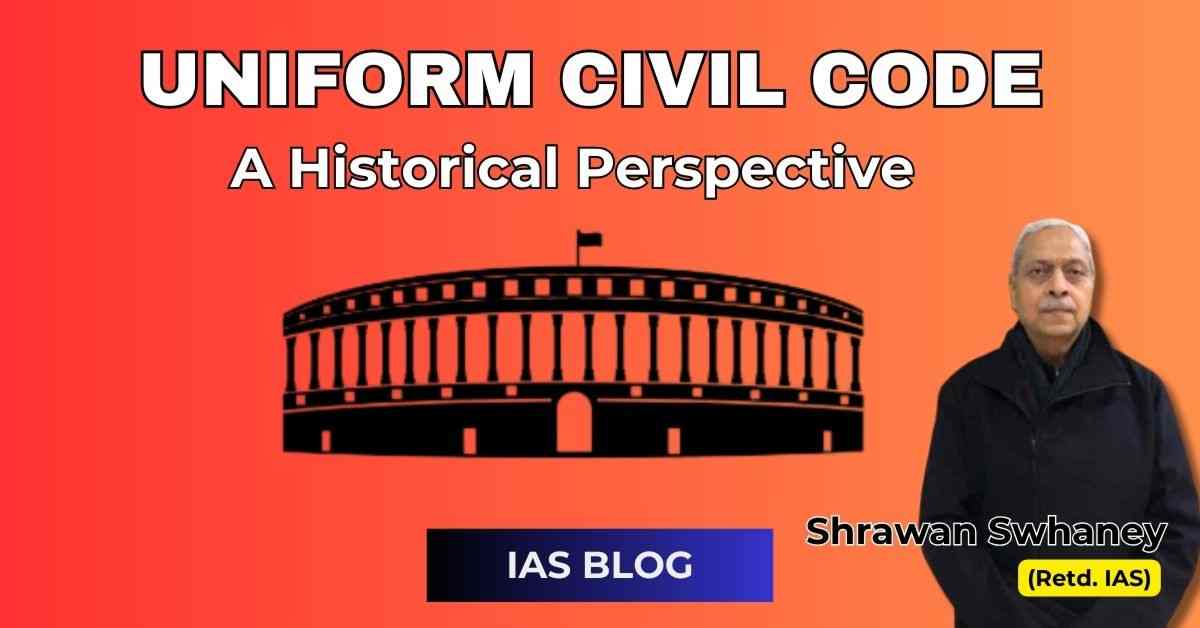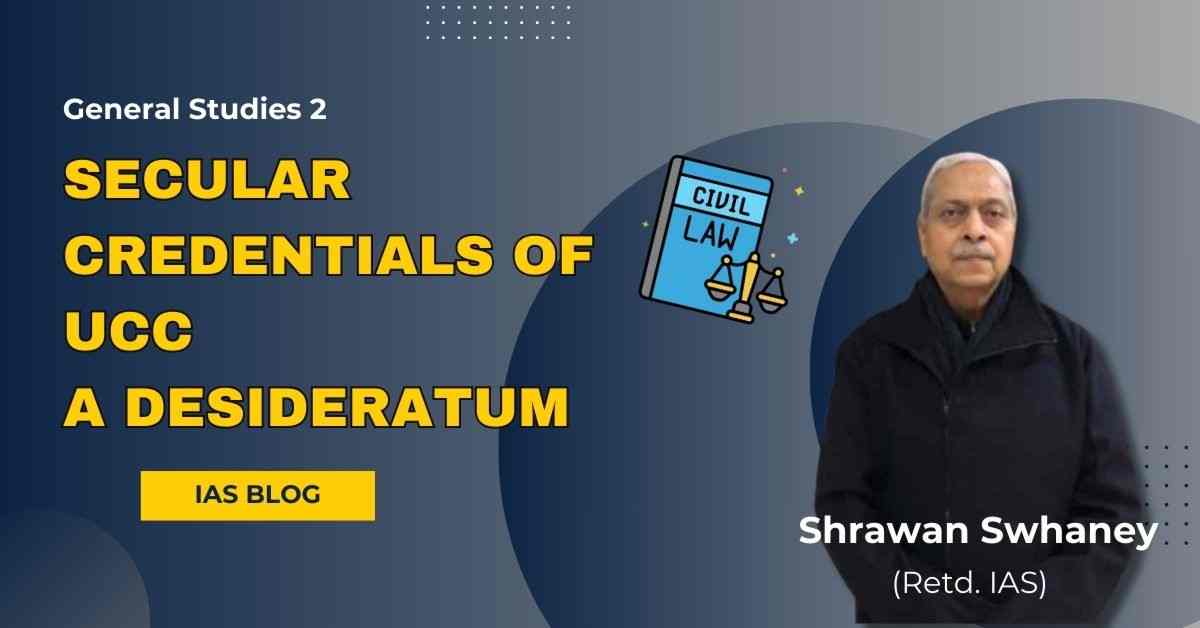Sedition is perhaps the very vaguest of all offences known to the criminal law. The offence of sedition was pitchforked in the news recently, be it “Delhiriots” during President Trump’s visit in February this year: be it the “Tukade-Tukade” gang of JNU which advocated fragmentation of India, or be it the prosecution of dissident MLAs in Rajasthan in June-July this year under Section 124-A of the Indian еnal Code, 1860.
Recent a spate of cases against stand-up comics Munawar Faruqui, Nalin Yadav, Edwin Anthony, politician Shashi Tharoor, journalist Rajdeep Sardesai and young climate activist Disha Ravi, have again questioned the relevance of repressive laws of all kinds, specially sedition and criminal defamation and there is a widespread outcry as to why these provisions, from the era of colonial regime, should not be scrapped. Most recently, Supreme Court’s refusal to invoke sedition against Farooq Abdullah for his opposition to abolition of Article 370 again highlights the issue. These cases flag a fundamental infirmity in sedition law.
Generation Z, also known as Gen Z-ers and Zoomers, is born between 1997 and 2012. It has succeeded the millennials and preceded the Generation Alpha. Gen Z, comprising roughly 20% of the world’s population, is the digitally native generation as it has grown up in a world where social media – Instagram, TikTok, YouTube, Snapchat, LinkedIn, Facebook, Reddit, Twitter (now renamed X) – is an integral part of daily life.
Community Resources: An Equitable Landscape Table of Contents Blog – Community Resources: An Equitable Landscape Notes on the basis of the Blog Important Questions on Community Resources: An Equitable Landscape …
Recently, an article in a leading English national daily made a thesis that the outbreak of Covid-19 pandemic has led to our country being governed in a unitary manner, even though our constitution has laid down a federal structure of the government.
There was a cavil in the article that this unitary functioning required to be looked into and scrutinised by the Hon’ble Apex Court as being violative of our federal character.
It is relevant to point out the Central Government’s directives to all the States and Union Territories emanated under the Epidemic Diseases Act, 1897, a law which was first enacted to tackle bubonic plague in Mumbai (formerly Bombay) in former British India and Disaster Management Act, 2005.
These law are meant for controlling epidemics and national disasters by providing special powers that are required for the implementation of containment measures to prevent the spread of the disease or to manage the situation arising due to any disaster.
Article 35 of the draft Constitution of India provided that “the State shall endeavour to secure for the citizens a uniform civil code throughout the territory of India.”
The Constituent Assembly took up Draft Article 35 for debate on 23rd November, 1948.
Recently, the 22nd Law Commission of India has set the ball rolling for soliciting views and ideas of the public at large and recognized religious organizations about the Uniform Civil Code (referred to as UCC hereinafter), vide its public notice of 14th June, 2023. This conversation that the Commission has begun on the UCC will focus on family laws of all religions, such as, laws of marriage, divorce, succession, inheritance, maintenance, adoption, guardianship, et al.
NCERT IAS Exam RAS Exam Coming Soon IAS Prelims RAS Prelims Coming Soon Courses Question Papers Coming Soon Vizmins Prelims Topics for 2024-25 Prelims, UPSC-2025 Vizmins PYQ for Ancient History …
GS 1 GS 2 GS 3 GS 4 Ethics and Human Interface Attitude Aptitude Emotional Intelligence Moral Thinkers & Philosophers Values and Ethics in Public Administration Probity in Governance Case …
GS 1 GS 2 GS 3 GS 4 Ethics and Human Interface Attitude Aptitude Emotional Intelligence Moral Thinkers & Philosophers Values and Ethics in Public Administration Probity in Governance Case …
GS 1 GS 2 GS 3 GS 4 Ethics and Human Interface Attitude Aptitude Emotional Intelligence Moral Thinkers & Philosophers Values and Ethics in Public Administration Probity in Governance Case …
GS 1 GS 2 GS 3 GS 4 Ethics and Human Interface Attitude Aptitude Emotional Intelligence Moral Thinkers & Philosophers Values and Ethics in Public Administration Probity in Governance Case …

